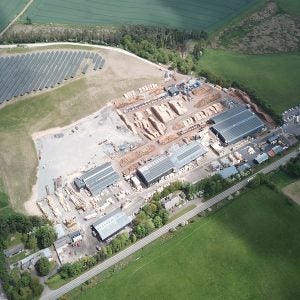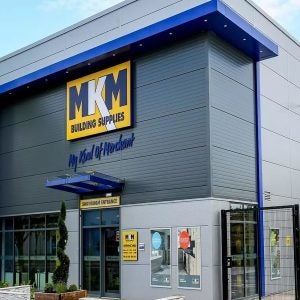The insulation was discovered in a 1970s timber frame bungalow which was being demolished to make way for redevelopment of the site. Bristol City Council, which owned the land and was overseeing the clearance of the area, contacted Excel to deal with the Warmcel.
The insulation was removed from the walls, floors and roof of the bungalow and taken to Excel’s factory where it was “cleaned” of impurities such as screws and nails and then reprocessed along with standard newspaper stock.
Warmcel, which is made from 100% recycled newspaper, meets many of the environmental concerns of “green” specifiers – including the fact that it can be reprocessed at the end of a building’s life cycle.
Excel says it also has extremely low embodied energy and an excellent BRE environmental rating. Warmcel has zero ozone depletion potential and, by reducing heating demand as a result of its insulation performance, it plays a major part in reducing household CO2 emissions.






